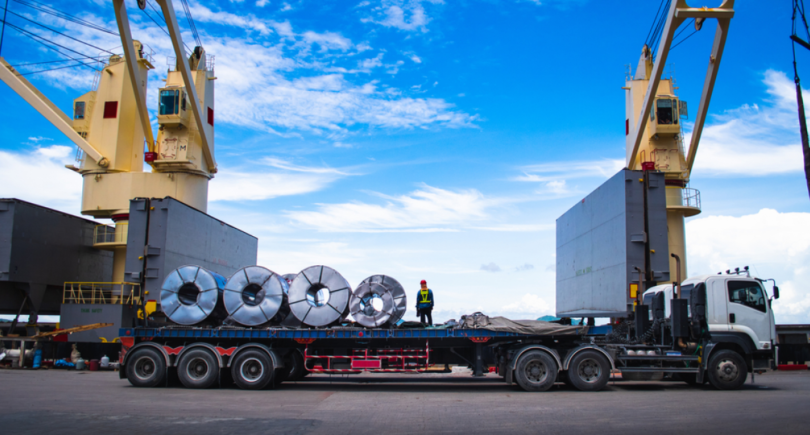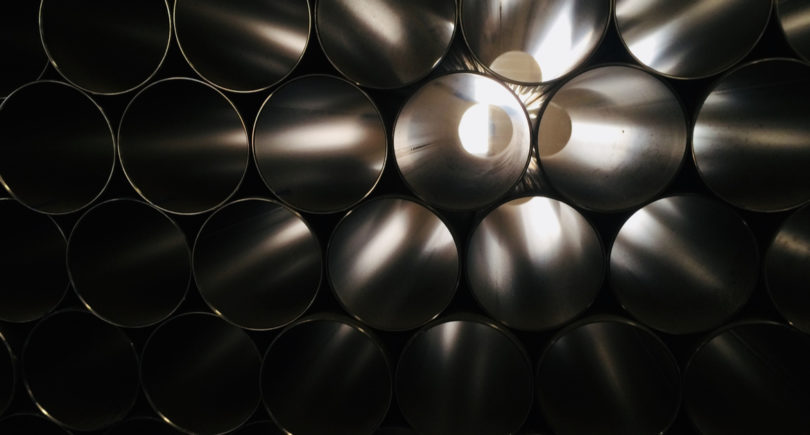
News Global Market EU 1540 11 October 2023
Cheap imported steel products occupy an increasingly large share of the European steel market
European steelmakers are pushing for a tougher fight against cheap, high-carbon imports that are taking up an ever-increasing share of the EU steel market. ArgusMedia reports about it.
In July 2023, imports accounted for more than 23% of the total supply of hot-rolled coils in the EU, and in the following months the indicator is expected to increase, since in October more than 1 million tons of quotas were covered in the first days of the quota period. The import of cold-rolled coils for July was 35-39% of the total supply on the European market. At the same time, the level of capacity utilization of European factories is about 50-60% due to low demand for local products.
EU steelmakers cannot compete with imported suppliers because they face higher energy costs and have to pay for carbon emissions, which produces in other countries do not.
CBAM does not require import suppliers to pay for steel production emissions until 2026. Thus, European mills will be unprotected against imports of cheap steel, despite quotas and dumping duties for some countries. Moreover, the market expects some tariffs to expire soon.
«The indifference to this blatant and destructive lack of a level playing field, as well as the naivety of politicians and the European Commission, is simply incredible,» the European steel producer noted.
According to Axel Eggert, CEO of Eurofer, global excess capacity in steel production already reaches almost 600 million tons, and by 2026 it is planned to introduce another 150 million tons of carbon-intensive units, which will emit more carbon than the entire European steel industry.
«These capacities will nullify all the efforts of the EU steel industry to reduce emissions by 2050 in just three years,» said Eurofer’s CEO.
The market is currently awaiting the conclusion of EU-US negotiations on the Global Agreement on Sustainable Steel and Aluminum Production (GSA). The parties have only 10 days left to avoid the return of mutual duties, which will apply to the exports of the parties in the amount of $10 billion.
According to the sources, during the GSA negotiations, in particular, progress was made on one of the key issues – the fight against excess supply from other countries, including China.
«We don’t know what will be presented. We just need more tools to contain imports. Anti-subsidy measures are already in place for some types of Chinese metal products, including hot-rolled coil,» Eggert added.
As GMK Center reported earlier, currently, the US Section 232 tariffs of 25% on European steel and aluminum have been suspended in exchange for a system of tariff quotas that limits European shipments to the US. In response, the EU suspended duties on certain US products. The 2021 agreement limits the US import quota to 3.3 million metric tons of steel from the EU. In 2022, the EU’s total exports of coated steel products to the United States amounted to 3.97 million tons. Thus, 670 thousand tons of steel were subject to the 25 percent duty.




